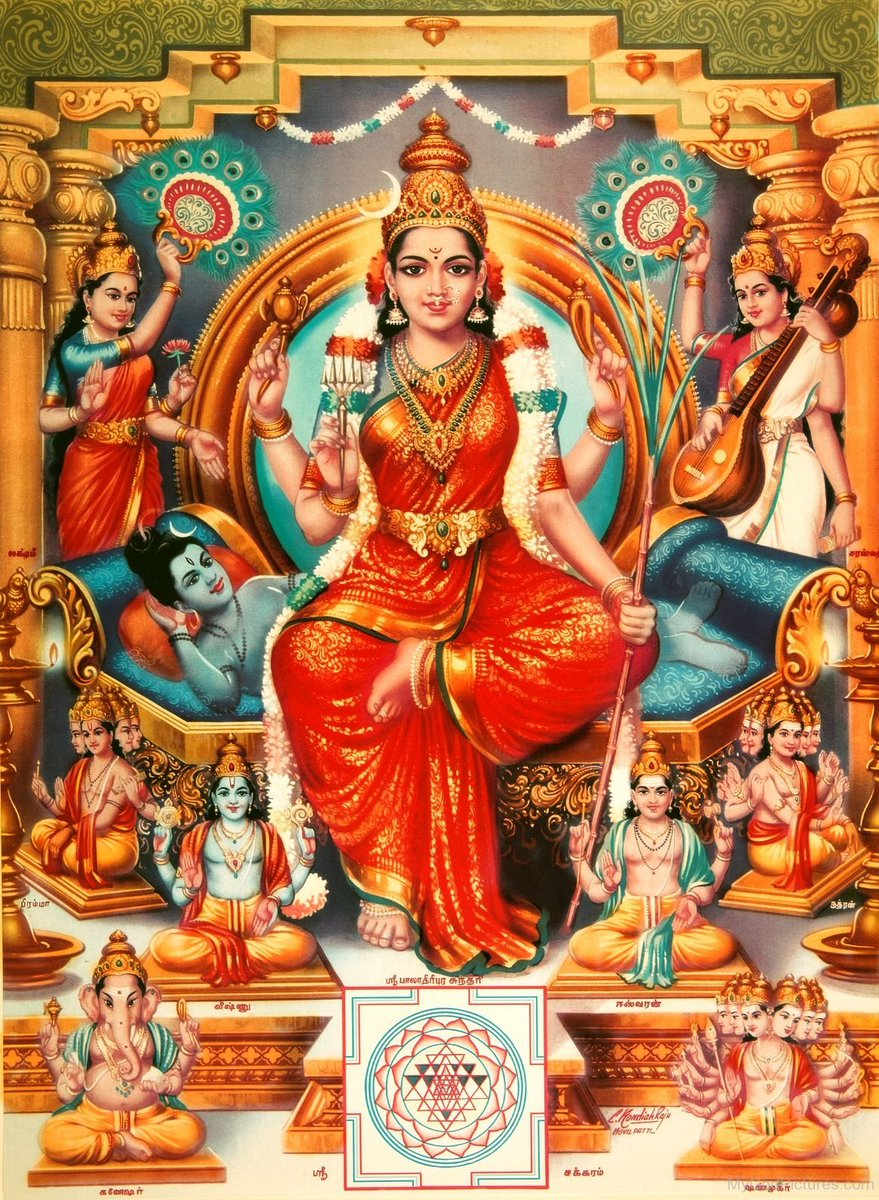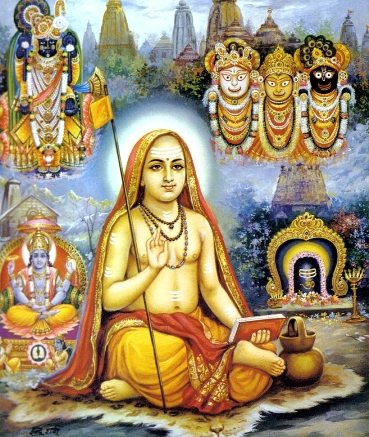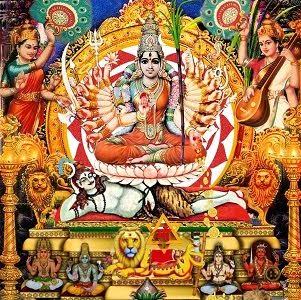
True Hindu Parenting starts even before birth of the child.
Over the course of whole life we have 16 Sanskara, The very first of these Sanskara have an important role in deciding your child's behavior.
1. Garbhadhana
2. Pumsavana
3. Simantonnayana
Over the course of whole life we have 16 Sanskara, The very first of these Sanskara have an important role in deciding your child's behavior.
1. Garbhadhana
2. Pumsavana
3. Simantonnayana
1. Garbhadhana
Literally it means, gifting the womb, is the act of conception. This is the first sacrament which followed immediately on every matrimonial union. There are a number of rites performed before conception.
Literally it means, gifting the womb, is the act of conception. This is the first sacrament which followed immediately on every matrimonial union. There are a number of rites performed before conception.
Brahmin community usually follow Shanthi Muhurtha, which is decided based on the astrology. When one child is conceived at a Uttama Shanti Muhurtha, he will have it's benefits and qualities.
2. Pumsavana
This is the second of the 16 Sanskaras and starts after the 2nd or 3rd month after the Garbhadhana. As the food of mother will effect and influence child, this sanskara instruct what food items and medicines to have during pregnancy.
This is the second of the 16 Sanskaras and starts after the 2nd or 3rd month after the Garbhadhana. As the food of mother will effect and influence child, this sanskara instruct what food items and medicines to have during pregnancy.
The pregnant woman should have a calm and quite mind. It instruct not to be angry, not to be listen or involve in any bad karmas.
3. Simantonnayana
This is performed for the right growth of the child and to have the pureness of the mind of pregnant woman. It starts at the 4th month of pregnancy. During this period hearing good songs or keerthana will help the child to be an expert in art.
This is performed for the right growth of the child and to have the pureness of the mind of pregnant woman. It starts at the 4th month of pregnancy. During this period hearing good songs or keerthana will help the child to be an expert in art.
These are just a small summary of these practices, very short in fact. In Gharbadana Sanskara itself there are numerous practices such as eating sattwik food items, need of Brahmacharya before the marriage, etc.
The above practices are related to parents rather than the children, so first of all parents must be aware of such practices and follow them.
• • •
Missing some Tweet in this thread? You can try to
force a refresh











